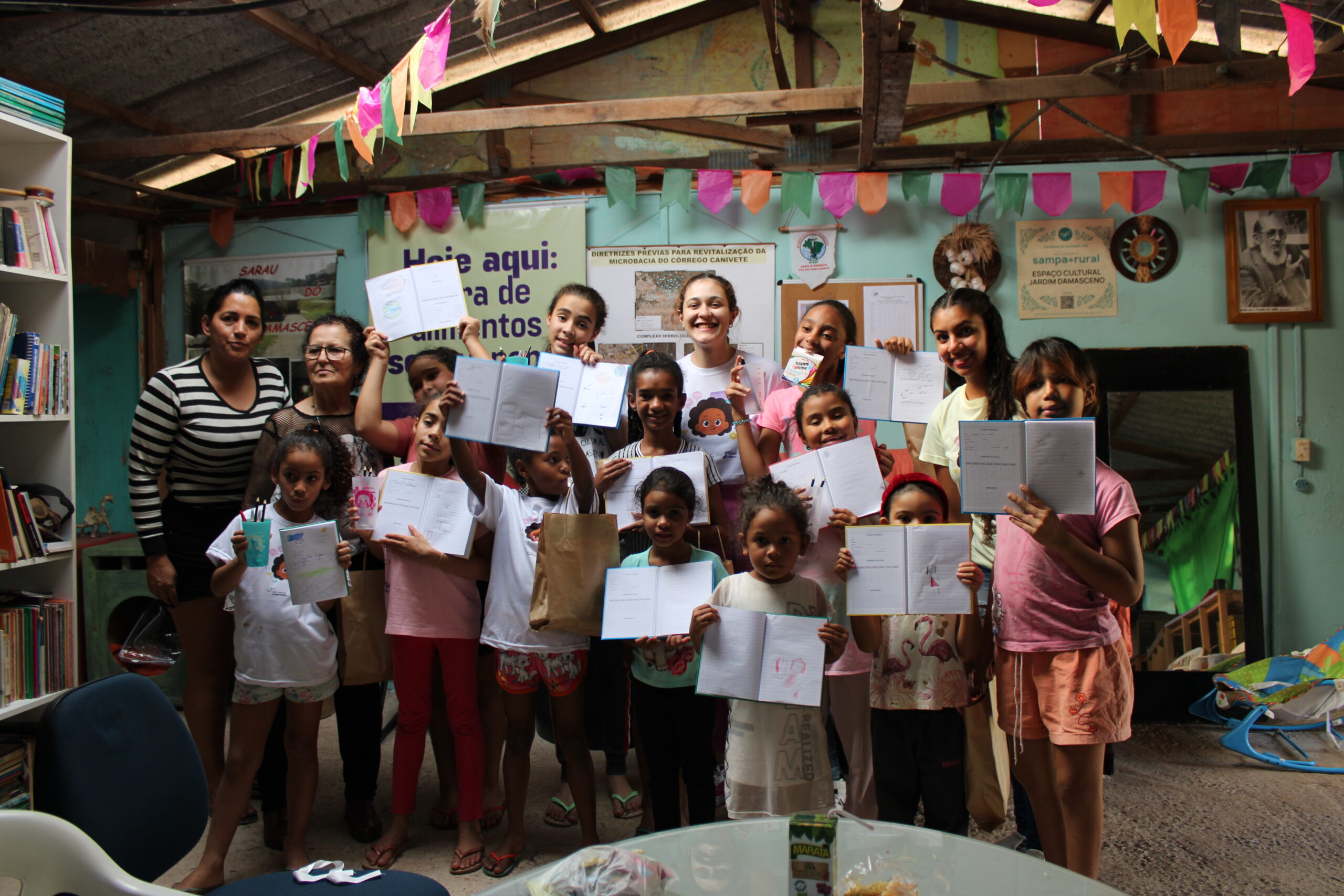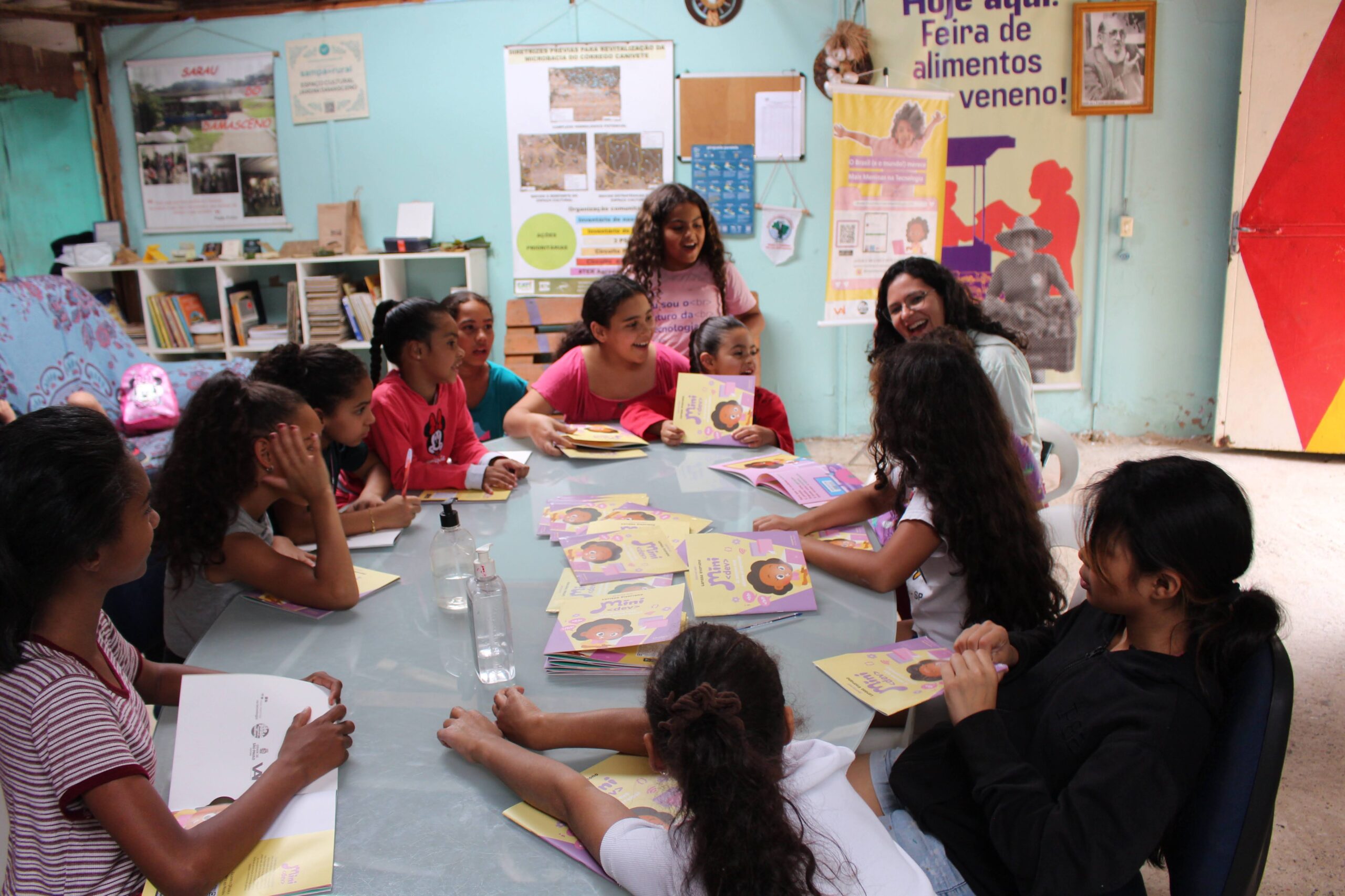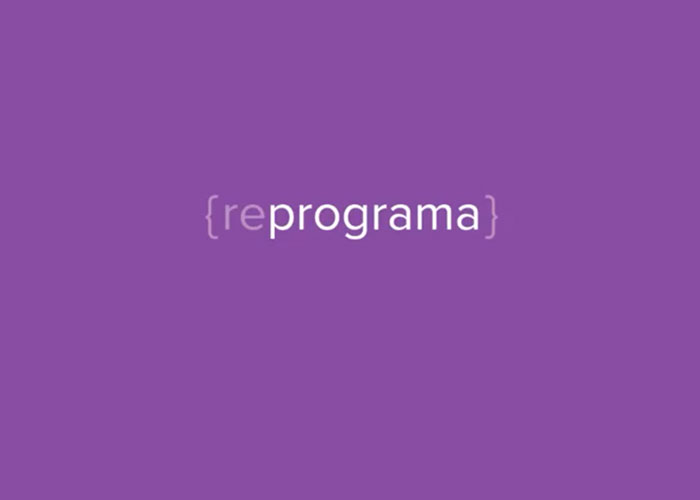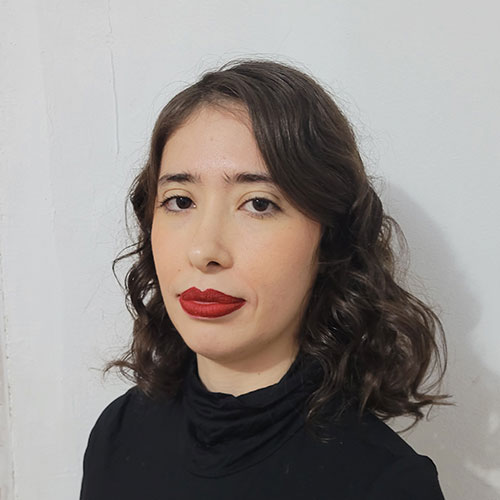Project makes girls protagonists in access to technology
Mais Meninas na Tecnologia (‘More Girls in Technology’) offers thematic workshops for girls living in the São Paulo’s Brasilândia neighborhood


According to the 2022 TIC Domicílios survey, close to 36 million Brazilians still lack internet access, with the Southeast region leading at 42% of the digitally excluded population.
Facing this scenario, especially in peripheral areas, Larissa Vitoriano created the project Mais Meninas na Tecnologia (‘More Girls in Technology’) about four years ago. “My goal is to educate girls interested in the exact sciences”, she explains.
Based in the Brasilândia neighborhood, north region of São Paulo, and focusing on girls in socially vulnerable situations, the project offers thematic workshops covering topics from AI interaction and WordPress blog creation to practical lessons with 3D pens, spreadsheet development and PowerPoint presentations. “I even explain physics using the game Jenga in some classes”, she adds.
Larissa emphasizes that the project aims to broaden horizons, using technology as an ally and empowering girls as protagonists. In order to achieve that, one workshop, for example, is all about dreams: “To help them see the possibility of becoming teachers, artisans or even astronauts”.
Last year, students engaged with analog technology, exploring Polaroid photography. “They took prominent roles by photographing each other and taking their pictures home”.
In 2023, Mais Meninas na Tecnologia impacted the lives of 90 girls aged 6 to 14. Without a fixed location, workshops were held at two partner venues in Brasilândia: the Damasceno Cultural Center and the Ao Máximo ballet school. No registration was required.
Workshops took place on Saturdays, from March to October, lasting three hours each, alternating between the two locations every 15 days.
However, due to funding challenges, classes this year will start in the second half of the year, only at the Damasceno Cultural Center. “When I explained we didn’t have funds for the first semester, they were disappointed, but still very excited”, Larissa shares.

The project was born in a classroom
Larissa, a 28-year-old journalism graduate, grew up in the Vila Nova Cachoeirinha neighborhood, in São Paulo. Despite not having access to technology in her childhood, she always maintained a curiosity for the field. In 2019, she enrolled in a Master’s program in Information Technologies, Communication and Multimedia at the Instituto Universitário da Maia (‘Maia University Institute’) in Porto, Portugal.
It was during a class in this master’s program that Mais Meninas na Tecnologia took shape. “During a course, I needed to design a technology-related social impact project and a Portuguese professor said it could go further”.
Missing Brazil, Larissa decided to bring the project to life and submitted it to the Cultural Initiatives Valorization Program (VAI) of the São Paulo City Hall, which financially supports cultural collectives and projects in peripheral regions.
Thus, the project began during the pandemic, with basic math classes held in Larissa’s parents’ garage for four girls. “It started to evolve, and they wanted to keep studying. All this while I was developing my master’s thesis, which was the project itself. 15 students graduated in the first class”.
Mini Dev App
With the aim of facilitating learning for the students and democratizing technological education, Larissa developed the Mini Dev app, available on the Play Store. It teaches basic front-end technology concepts, such as markup languages for web pages.


Expansion of the project
Another expansion occurred through the book that bears the project’s name. In poem format, it tells the stories of other women in science, featuring the character in various dimensions. “At the end, there are photos of the students, and they were super happy with it”, she recalls.
The São Paulo City Hall funded a thousand copies of the book, which were distributed for free in schools in Brasilândia.
Access to culture
With the aim of broadening horizons, the project also focuses on democratizing access to culture. “We take the girls to places like the Ibirapuera Planetarium and the science park at University of São Paulo (USP)”.
“We’ve seen how important it is to take these girls out of the region they’re in, facing extreme social vulnerability, and bring them to occupy other spaces they never thought they’d set foot in”, she concludes.
How to support?
You can support Mais Meninas na Tecnologia by purchasing the book, as all proceeds go to the project. The digital version is available on Amazon, and the physical version can be purchased through Instagram or the website.
Download the Mini Dev app on the Play Store.





